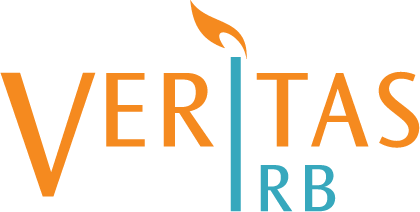In recognition of World Asthma Day, we wish to underline the importance of pursuing clinical research in order to improve the quality of life for the 300 million people affected by this disease. It is also important to remember those, like Ellen Roche, who participated in such clinical research.
Ellen Roche was an employee at the Johns Hopkins Asthma and Allergy Center. She enrolled in a research study whose objective was to analyze the reflexes that protect the lungs when a mild asthma attack occurs. In order to provoke the mild asthma attack, Ellen was required to inhale a chemical called hexamethonium. After inhaling the substance, Ellen became ill. She developed a cough after which her lungs and kidneys failed leading to her death.
Upon investigation of Ellen Roche’s death, the U.S. Office for Human Research Protections (OHRP) identified that Johns Hopkins failed to ensure adequate protections for research participants. Among OHRP’s major findings was the failure of Johns Hopkins’ investigator, Dr. Alkis Togias, and its Institutional Review Board (IRB) to conduct a thorough scientific review to analyze the effects of inhaling hexamethonium. In response to this finding, both the investigator and the IRB deflected the responsibility to one another, stating that they were relying on each other to investigate if any other safety precautions needed to be taken.
OHRP also found that the study documentation poorly communicated the risks of study participation. The study’s informed consent form did not properly document the use of hexamethonium, nor did it mention that it was experimental. Moreover, neither the investigator nor the IRB considered whether the experimental use of hexamethonium required the filing of an Investigational New Drug Application (IND) with the FDA. It is noteworthy that the FDA withdrew approval of hexamethonium for human use in the 1970s. Additionally, the investigator failed to report an adverse event to the IRB when a previous participant displayed signs of cough, shortness of breath and decreased lung function following hexamethonium challenge. Dr. Togias explained that during the investigation of Ellen Roche’s death, he initially attributed the event to a respiratory tract infection.
OHRP temporarily suspended studies conducted at Johns Hopkins that involved greater than minimal risk until specific actions to better protect research participants were implemented. The impact of Ellen Roche’s death, together with the tragic death of Jesse Gelsinger, a research participant in a gene therapy study at University of Pennsylvania, resonated throughout the world. It forced research organizations and policy makers to evaluate and adopt measures to improve research participants’ protection in clinical research. The need to preserve public trust in clinical research catalyzed the accreditation of human research protection programs. Today, nearly 250 research organizations’ human research protection programs have been accredited worldwide, including Veritas IRB – the first and only Canadian-owned IRB.
The tragedy of Ellen Roche serves as an important reminder to the research community that sponsors, investigators, research institutions and IRBs share a joint responsibility to protect the rights and welfare of research participants. It is through this collaborative effort and by recognizing research participants as active partners in research that discoveries will be made without doing any harm.
References:
OHRP determination letter: Dated July 19, 2009
Johns Hopkins Internal Investigation Report
Ethical Assessment of Clinical Asthma Trials Including Children Subjects


